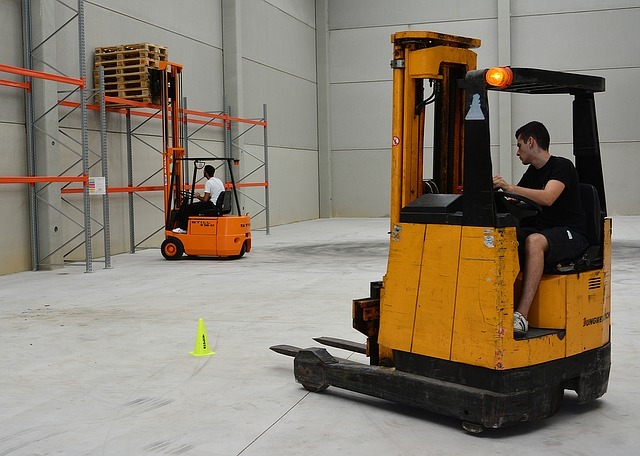As a general rule, if the disabling condition that keeps you from working gets better, Social Security can terminate your disability benefits. But, there are a few exceptions that could keep the benefits coming.
Social Security regulations state that they will continue your disability benefits even after you are no longer disabled if you are participating in a program likely to prevent you from returning to Social Security disability in the future. Examples of such programs are individual education programs (IEPs) and vocational rehabilitation services.

Consider the example of a child still in high school who has special academic requirements detailed in her IEP. If that child had a medical improvement that eliminated her disabling condition, Social Security would still pay her benefits until she finished high school.
A Plan That Makes Sense
This makes a lot of sense. By letting this student stay on disability and get her high school education, Social Security has ensured that there is far more work available to her as an adult. The simple lack of a high school diploma eliminates thousands of potential jobs.

The same logic applies to adults who are getting vocational training. It is a no-brainer to see that letting someone finish his training for a new profession is likely to keep that person off the disability rolls in the future.
If you have questions about this or anything else, let me know.


